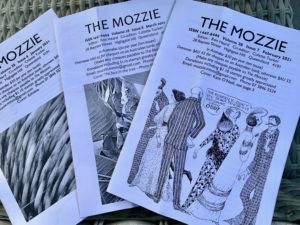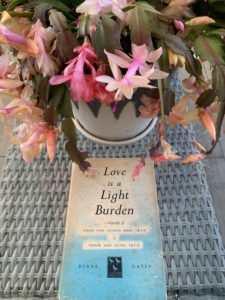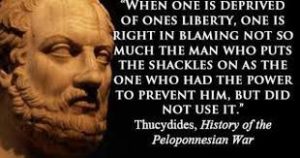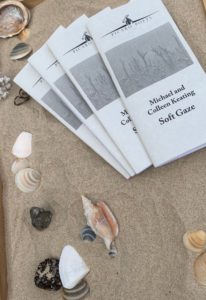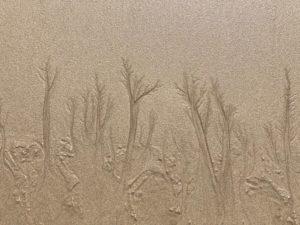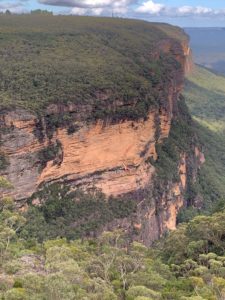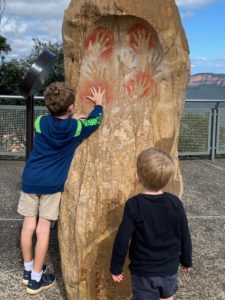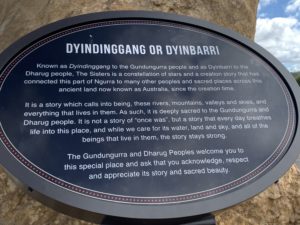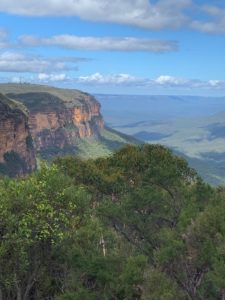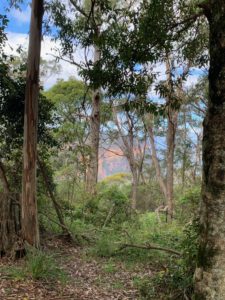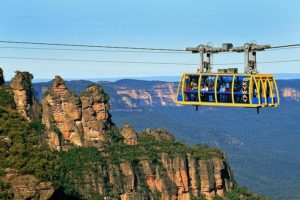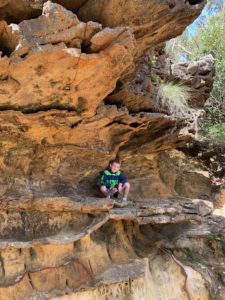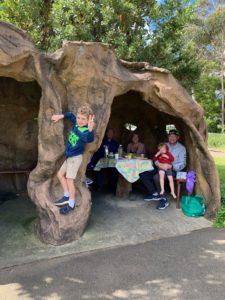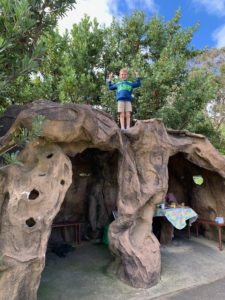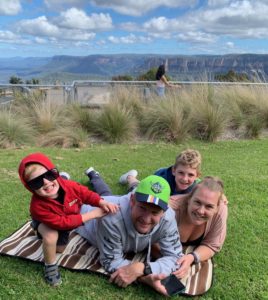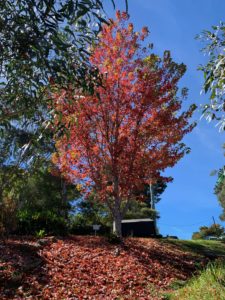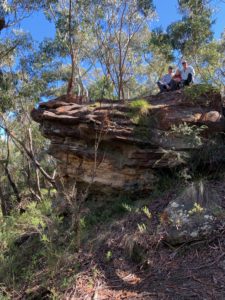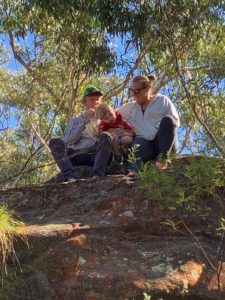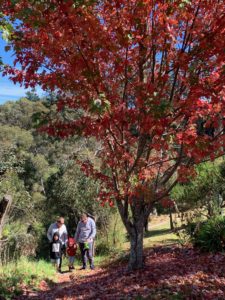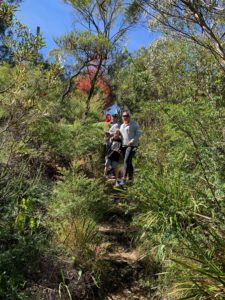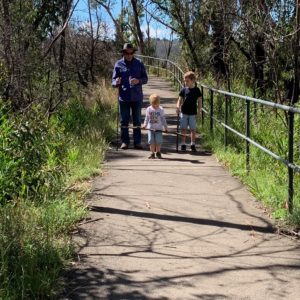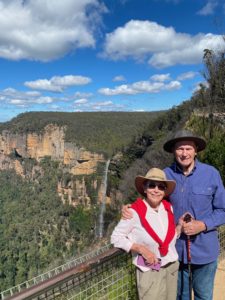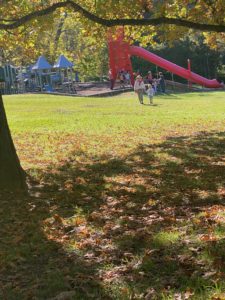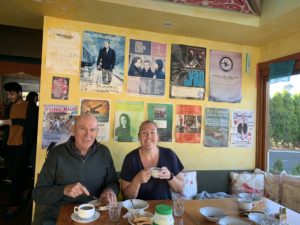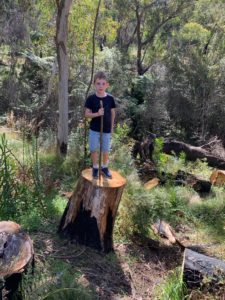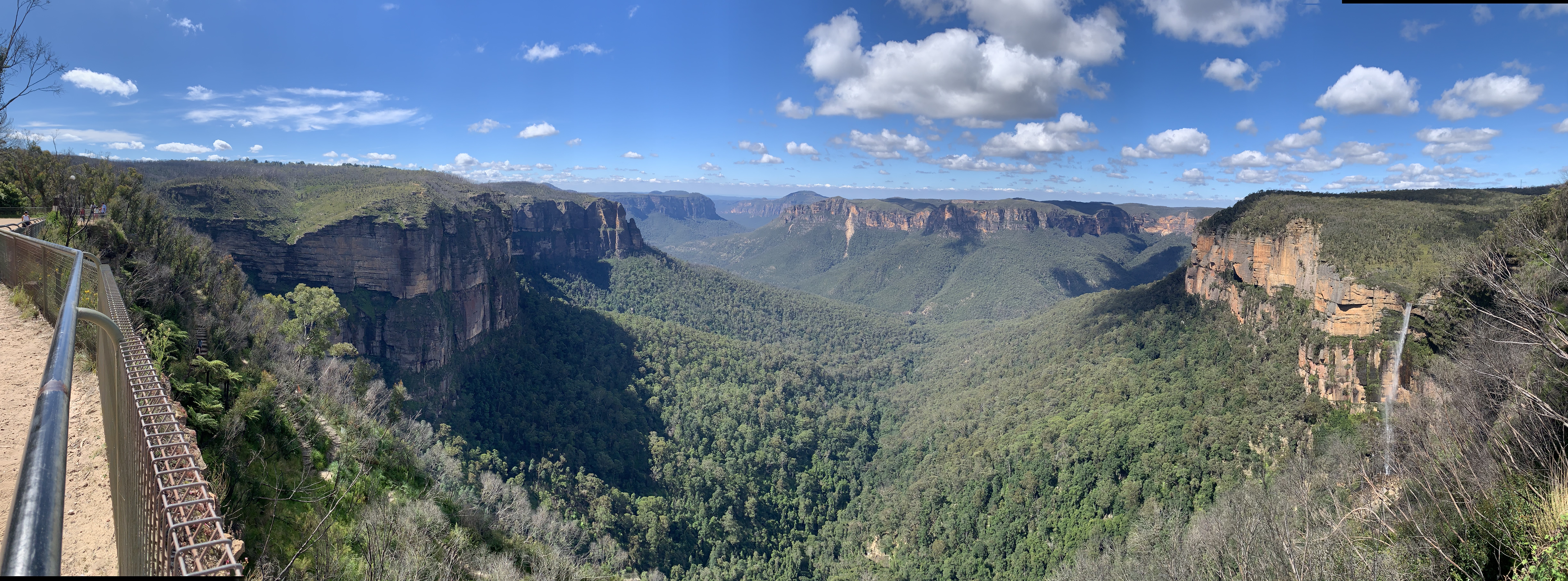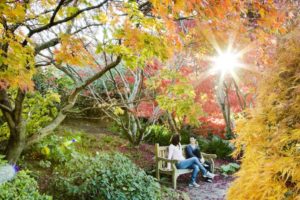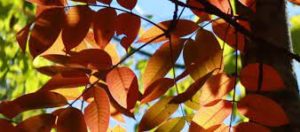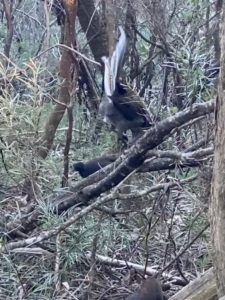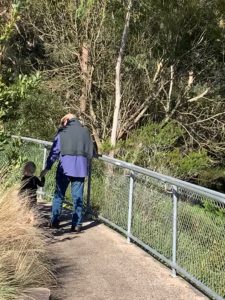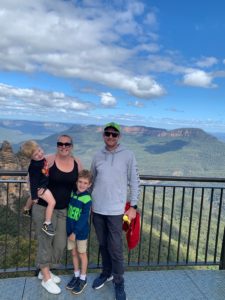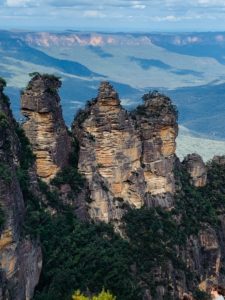
Joy Harjo
Joy Harjo is an American Poet.
She is an internationally renowned performer and writer of the Muscogee (Creek) Nation.
She is the incumbent Poetic Laureate of United States serving her second term as the 23rd Poet Laureate.
She is the first American Native Indian to be poet Laureate.
She is a musician and saxophonist and mixes her poetry and music beautifully.
Joy embraces the world .
Her poetry embraces the world every sky sea and stone.
She is an autobiographic poet, informed by the natural world
with a cry for the survival of her people and our earth and
transcend the limitation of words.
Her poetry inhabits landscape and centres around the need for
remembrance and transcendence.
She lives in Tulsa, Oklahoma.

Accolades
She is so well known in America with so many honours
include the Lifetime Achievement Award from the Native Writers Circle of the Americas, the Josephine Miles Poetry Award, the Wallace Stevens Award the William Carlos Williams Award and the American Indian Distinguished Achievement She has received fellowships from the Arizona Commission on the Arts, the National Endowment for the Arts, the Rasmuson Foundation, and the Witter Bynner Foundation and the Guggenheim award. In 2017 she was awarded the Ruth Lilly Prize in Poetry.
author of nine books of poetry, including the highly acclaimed An American Sunrise,
She is Executive Editor of the anthology When the Light of the World was Subdued, Our Songs Came Through — A Norton Anthology of Native Nations Poetry and the editor of Living Nations, An Anthology of First Peoples Poetry, the companion anthology to her signature Poet Laureate project.
She is a chancellor of the Academy of American Poets,
Board of Directors Chair of the Native Arts & Cultures Foundation,
and holds a Tulsa Artist Fellowship
Influences
She read the bible a lot
Pablo Neruda she loved for his integrity to his human beingness
African poets especially Uganda poet Oket p’ Bitek
Gwendolyn Brooks
Audre Lorde (poetry is not a luxury and the litany of survival
and and sometimes she finds herself channeling Walt Whitman.
She draws on First Nation storytelling and histories,
as well as feminist and social justice poetic traditions, and frequently incorporates indigenous myths, symbols, and values into her writing.
and she says “Most of the poetry available to her generation was set in the New England and North Western regions and was written by men or sometimes women emulating the male experience.
Poetry had become very intellectual we could blame TS Eliot but we won’t and it had lost touch with the heart and feeling and the voice of the people.
Joy loves tones rhythm and the musicality of words.
- “There is no poetry where there are no mistakes.” …
- “I’ve always had a theory that some of us are born with nerve endings longer than our bodies” …
- “To pray you open your whole self. …
- “I know I walk in and out of several worlds each day.” …
- “It’s possible to understand the world from studying a leaf.
- I am the holy being of my mother’s prayer and my father’s song
She Had Some Horses 
I. She Had Some Horses
She had some horses.
She had horses who were bodies of sand.
She had horses who were maps drawn of blood.
She had horses who were skins of ocean water.
She had horses who were the blue air of sky.
She had horses who were fur and teeth.
She had horses who were clay and would break.
She had horses who were splintered red cliff.
She had some horses.
She had horses with eyes of trains.
She had horses with full, brown thighs.
She had horses who laughed too much.
She had horses who threw rocks at glass houses.
She had horses who licked razor blades.
She had some horses.
She had horses who danced in their mothers’ arms.
She had horses who thought they were the sun and their
bodies shone and burned like stars.
She had horses who waltzed nightly on the moon.
She had horses who were much too shy, and kept quiet
in stalls of their own making.
She had some horses.
She had horses who liked Creek Stomp Dance songs.
She had horses who cried in their beer.
She had horses who spit at male queens who made
them afraid of themselves.
She had horses who said they weren’t afraid.
She had horses who lied.
She had horses who told the truth, who were stripped
bare of their tongues.
She had some horses.
She had horses who called themselves, “horse.”
She had horses who called themselves, “spirit,” and kept
their voices secret and to themselves.
She had horses who had no names.
She had horses who had books of names.
She had some horses.
She had horses who whispered in the dark, who were afraid to speak.
She had horses who screamed out of fear of the silence,
who carried knives to protect themselves from ghosts.
She had horses who waited for destruction.
She had horses who waited for resurrection.
She had some horses.
She had horses who got down on their knees for any saviour.
She had horses who thought their high price had saved them.
She had horses who tried to save her, who climbed in her
bed at night and prayed
She had some horses.
She had some horses she loved.
She had some horses she hated.
These were the same horses.
Joy Harjo 1983 from collection of the same name
What are the horses
I don’t really want to say and I get asked that question often
I just leave the horses to themselves.In this powerful collection Joy explores womanhood’s most intimate moments
“The Knowing”
Joy Harjo explains that she has lived her life being guided by “the knowing.” She writes:
The knowing was my rudder, a shimmer of intelligent light, unerring in the midst of this destructive, terrible, and beautiful life. It is a strand of the divine, a pathway for the ancestors and teachers who love us.
She tells us that “the knowing” speaks “softly, wisely,” and that you are always clear on what “the knowing” is telling you, but you don’t always listen.
She tells the reader the truth (she always tells the truth, by the way, you can feel it): she has sometimes listened to “the knowing,” and other times (like when choosing her violent and alcoholic male partners) she has intentionally ignored this guidance, or intuition.
I loved this concept of “the knowing,” and I am guided by my intuition, too, but I wish that she had addressed the application of “the knowing” at more mature ages. I think we often assume that life is more difficult or we are tasked with more challenging issues when we are younger, but now that I’m at midlife, I think it is the exact opposite. I think so much of youth is filled with black and white choices. Midlife is muddier, knee-deep in the grey areas, thicker and more complicated as we age.
POETRY
Fire
a woman can’t survive by her own breath
alone she must know
the voices of mountains she must recognise
the foreverness of blue sky she must flow
with the elusive bodies
of night winds who will take her into herself
look at me
i am not a separate woman i am a continuance
of blue sky
i am the throat
of the mountains
a night wind
who burns
with every breath
she takes
from What Moon Drove Me to This? 1980.
Remember
Remember the sky that you were born under,
know each of the star’s stories.
Remember the moon, know who she is.
Remember the sun’s birth at dawn, that is the
strongest point of time.
Remember sundown
and the giving away to night.
Remember your birth, how your mother struggled
to give you form and breath. You are evidence of
her life, and her mother’s, and hers.
Remember your father. He is your life, also.
Remember the earth whose skin you are:
red earth, black earth, yellow earth, white earth
brown earth, we are earth.
Remember the plants, trees, animal life who all have their
tribes, their families, their histories, too. Talk to them,
listen to them. They are alive poems.
Remember the wind.
Remember her voice.
She knows the origin of this universe.
Remember you are all people and all people are you.
Remember you are this universe and this universe is you.
Remember all is in motion, is growing, is you.
Remember language comes from this.
Remember the dance language is, that life is.
Remember.
from She Had Some Horses 1983
This land is a poem
This land is a poem of ochre and burnt sand I could never write, unless paper were the sacrament of sky, and ink the broken line of wild horses staggering the horizon several miles away. Even then, does anything written ever matter to the earth, wind, and sky?
Anything that matters
Anything that matters is here. Anything that will continue to matter in the next several thousand years will continue to be here. Approaching in the distance is the child you were some years ago. See her laughing as she chases a white butterfly.
Don’t Bother the Earth Spirit
Don’t bother the earth spirit who lives here. She is working on a story. It is the oldest story in the world and it is delicate, changing. If she sees you watching she will invite you in for coffee, give you warm bread, and you will be obligated to stay and listen. But this is no ordinary story. You will have to endure earthquakes, lightning, the deaths of all those you love, the most blinding beauty. It’s a story so compelling you may never want to leave; this is how she traps you. See that stone finger over there? That is the only one who ever escaped.
all from Secrets from the Centre of the World 1989.
My House is the Red Earth
My house is the red earth; it could be the centre of the world. I’ve heard New York, Paris, or Tokyo called the centre of the world, but I say it is magnificently humble. You could drive by and miss it. Radio waves can obscure it. Words cannot construct it, for there are some sounds left to sacred wordless form. For instance, that fool crow, picking through trash near the corral, understands the centre of the world as greasy strips of fat. Just ask him. He doesn’t have to say that the earth has turned scarlet through fierce belief, after centuries of heartbreak and laughter—he perches on the blue bowl of the sky, and laughs.
from Secrets from the Centre of the World 1989.
This Morning I Pray for My Enemies
And whom do I call my enemy?
An enemy must be worthy of engagement.
I turn in the direction of the sun and keep walking.
It’s the heart that asks the question, not my furious mind.
The heart is the smaller cousin of the sun.
It sees and knows everything.
It hears the gnashing even as it hears the blessing.
The door to the mind should only open from the heart.
An enemy who gets in, risks the danger of becoming a friend.
from Conflict Resolution for Holy Being 2015
Eagle Poem
To pray you open your whole self
To sky, to earth, to sun, to moon
To one whole voice that is you.
And know there is more
That you can’t see, can’t hear;
Can’t know except in moments
Steadily growing, and in languages
That aren’t always sound but other
Circles of motion.
Like eagle that Sunday morning
Over Salt River. Circled in blue sky
In wind, swept our hearts clean
With sacred wings.
We see you, see ourselves and know
That we must take the utmost care
And kindness in all things.
Breathe in, knowing we are made of
All this, and breathe, knowing
We are truly blessed because we
Were born, and die soon within a
True circle of motion,
Like eagle rounding out the morning
Inside us.
We pray that it will be done
In beauty.
In beauty.
from from In Mad Lover and War 1990
Perhaps the World Ends Here
The world begins at a kitchen table. No matter what, we must eat to live.
The gifts of earth are brought and prepared, set on the table. So it has been since creation, and it will go on.
We chase chickens or dogs away from it. Babies teethe at the corners. They scrape their knees under it.
It is here that children are given instructions on what it means to be human. We make men at it, we make women.
At this table we gossip, recall enemies and the ghosts of lovers.
Our dreams drink coffee with us as they put their arms around our children. They laugh with us at our poor falling-down selves and as we put ourselves back together once again at the table.
This table has been a house in the rain, an umbrella in the sun.
Wars have begun and ended at this table. It is a place to hide in the shadow of terror. A place to celebrate the terrible victory.
We have given birth on this table, and have prepared our parents for burial here.
At this table we sing with joy, with sorrow. We pray of suffering and remorse. We give thanks.
Perhaps the world will end at the kitchen table, while we are laughing and crying, eating of the last sweet bite.
from The Woman Who Fell From the Sky 1994
Grace
for Darlene Wind and James Welch
I think of Wind and her wild ways the year we had nothing to lose and lost it anyway in the cursed country of the fox. We still talk about that winter, how the cold froze imaginary buffalo on the stuffed horizon of snowbanks. The haunting voices of the starved and mutilated broke fences, crashed our thermostat dreams, and we couldn’t stand it one more time. So once again we lost a winter in stubborn memory, walked through cheap apartment walls, skated through fields of ghosts into a town that never wanted us, in the epic search for grace.
Like Coyote, like Rabbit, we could not contain our terror and clowned our way through a season of false midnights. We had to swallow that town with laughter, so it would go down easy as honey. And one morning as the sun struggled to break ice, and our dreams had found us with coffee and pancakes in a truck stop along Highway 80, we found grace.
I could say grace was a woman with time on her hands, or a white buffalo escaped from memory. But in that dingy light it was a promise of balance. We once again understood the talk of animals, and spring was lean and hungry with the hope of children and corn.
I would like to say, with grace, we picked ourselves up and walked into the spring thaw. We didn’t; the next season was worse. You went home to Leech Lake to work with the tribe and I went south. And, Wind, I am still crazy. I know there is something larger than the memory of a dispossessed people. We have seen it.
from In Mad Love and War,1990
Ah, Ah
Ah, ah cries the crow arching toward the heavy sky over the marina.
Lands on the crown of the palm tree.
Ah, ah slaps the urgent cove of ocean swimming through the slips.
We carry canoes to the edge of the salt.
Ah, ah groans the crew with the weight, the winds cutting skin.
We claim our seats. Pelicans perch in the draft for fish.
Ah, ah beats our lungs and we are racing into the waves.
Though there are worlds below us and above us, we are straight ahead.
Ah, ah tattoos the engines of your plane against the sky—away from these waters.
Each paddle stroke follows the curve from reach to loss.
Ah, ah calls the sun from a fishing boat with a pale, yellow sail. We fly by
on our return, over the net of eternity thrown out for stars.
Ah, ah scrapes the hull of my soul. Ah, ah.
from How We became Human New &Selected Poems 1975-2001
Praise the Rain
Praise the rain; the seagull dive
The curl of plant, the raven talk—
Praise the hurt, the house slack
The stand of trees, the dignity—
Praise the dark, the moon cradle
The sky fall, the bear sleep—
Praise the mist, the warrior name
The earth eclipse, the fired leap—
Praise the backwards, upward sky
The baby cry, the spirit food—
Praise canoe, the fish rush
The hole for frog, the upside-down—
Praise the day, the cloud cup
The mind flat, forget it all—
Praise crazy. Praise sad.
Praise the path on which we’re led.
Praise the roads on earth and water.
Praise the eater and the eaten.
Praise beginnings; praise the end.
Praise the song and praise the singer.
Praise the rain; it brings more rain.
Praise the rain; it brings more rain.
from Conflict Resolution for Holy Beings. 2015
For Keeps
Sun makes the day new.
Tiny green plants emerge from earth.
Birds are singing the sky into place.
There is nowhere else I want to be but here.
I lean into the rhythm of your heart to see where it will take us.
We gallop into a warm, southern wind.
I link my legs to yours and we ride together,
Toward the ancient encampment of our relatives.
Where have you been? they ask.
And what has taken you so long?
That night after eating, singing, and dancing
We lay together under the stars.
We know ourselves to be part of mystery.
It is unspeakable.
It is everlasting.
It is for keeps.
MARCH 4, 2013, CHAMPAIGN, ILLINOIS from Conflict Resolution for Holy Beings 2015
An American Sunrise
We were running out of breath, as we ran out to meet ourselves.
We were surfacing the edge of our ancestors’ fights, and ready to strike.
It was difficult to lose days in the Indian bar if you were straight.
Easy if you played pool and drank to remember to forget.
We made plans to be professional — and did. And some of us could sing
so we drummed a fire-lit pathway up to those starry stars.
Sin was invented by the Christians, as was the Devil, we sang.
We were the heathens, but needed to be saved from them — thin
chance. We knew we were all related in this story, a little gin
will clarify the dark and make us all feel like dancing.
We had something to do with the origins of blues and jazz
I argued with a Pueblo as I filled the jukebox with dimes in June,
forty years later and we still want justice. We are still America.
We know the rumours of our demise. We spit them out.
They die soon.
from Poetry 2017
Redbird Love
We watched her grow up.
She was the urgent chirper,
Fledgling flier.
And when spring rolled
Out its green
She’d grown
Into the most noticeable
Bird-girl.
Long-legged and just
The right amount of blush
Tipping her wings, crest
And tail, and
She knew it
In the bird parade.
We watched her strut.
She owned her stuff.
The males perked their armour, greased their wings,
And flew sky-loop missions
To show off
For her.
In the end
There was only one.
Isn’t that how it is for all of us?
There’s that one you circle back to — for home.
This morning
The young couple scavenges seeds
On the patio.
She is thickening with eggs.
Their minds are busy with sticks the perfect size, tufts of fluff
Like dandelion, and other pieces of soft.
He steps aside for her, so she can eat.
Then we watch him fill his beak
Walk tenderly to her and kiss her with seed.
The sacred world lifts up its head
To notice —
We are double-, triple-blessed.
Source: Poetry (September 2017
Break My Heart
There are always flowers
Love cries, or blood.
Someone is always leaving
By exile, death, or heartbreak.
The heart is a fist.
It pockets prayer or holds rage.
It’s a timekeeper.
Music maker, or backstreet truth teller.
Baby, baby, baby
You can’t say what’s been said
Before, though even words
Are creatures of habit.
You cannot force poetry
With a ruler, or jail it at a desk.
Mystery is blind, but wills
To untie the cloth, in eternity.
Police with their guns
Cannot enter here to move us off our lands.
History will always find you, and wrap you
In its thousand arms.
. . . . . . .
Someone will lift from the earth
Without wings.
Another will fall from the sky
Through the knots of a tree.
Chaos is primordial.
All words have roots here.
You will never sleep again
Though you will never stop dreaming.
The end can only follow the beginning.
And it will zigzag through time, governments, and lovers.
Be who you are, even if it kills you.
It will. Over and over again.
Even as you live.
Break my heart, why don’t you? from An American Sunrise 2017
The last few lines from My Man’s Feet
My man’s feet are the sure steps of a father
Looking after his sons, his daughters
For when he laughs he opens all the doors of our hearts
Even as he forgets to shut them when he leaves
And when he grieves for those he loves
He carves out valleys enough to hold everyone’s tears
With his feet, these feet
My man’s widely humble, ever steady, beautiful brown feet.
This is the ending to one of .er most popular poems. entitled “My Man’s Feet,” in her newest collection of poetry, “An American Sunrise.”
The lines are pretty straightforward, but there is a poignancy in them. Her adoration of her “Man,” and the qualities she appreciates about him. His father heart, his tenderness, his grief for the loss of friends and loved ones. The end of this poem is amazing..

